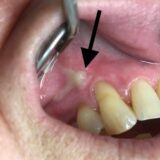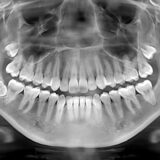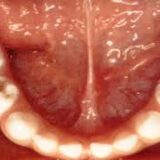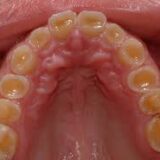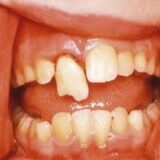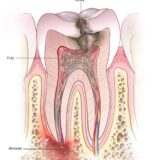Outline Introduction Understanding Wisdom Teeth Common Issues with Wisdom Teeth Signs You Might Need Wisdom Tooth Extraction Questions to Ask Your Dentist Before the Extraction Do I Really Need to Have my Wisdom Teeth Removed? What Are the Risks of Keeping My Wisdom Teeth? The Extraction Procedure Post-Extraction Care Potential Complications and How to Handle...
Latest News
Distinctively re-engineer revolutionary meta-services, change management and premium architectures. Intrinsically incubate intuitive opportunities and real-time potentialities.

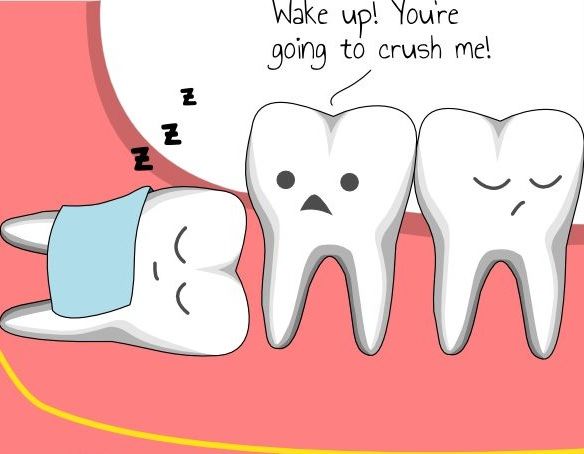
Outline
Introduction
Understanding Wisdom Teeth
Common Issues with Wisdom Teeth
Signs You Might Need Wisdom Tooth Extraction
Questions to Ask Your Dentist Before the Extraction
Do I Really Need to Have my Wisdom Teeth Removed?
What Are the Risks of Keeping My Wisdom Teeth?
The Extraction Procedure
Post-Extraction Care
Potential Complications and How to Handle Them
Recovery Timeline
When to Contact Your Dentist
Alternative Treatments to Extraction
Long-Term Oral Health After Extraction
Conclusion
FAQs
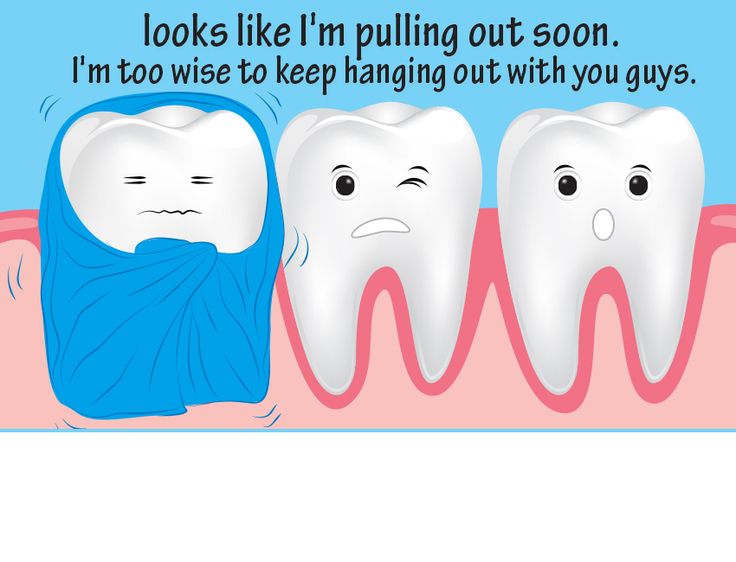
So, your dentist just mentioned that you might need your wisdom teeth removed. That’s probably got you thinking about a lot of things, right? Whether it’s the fear of pain, the cost, or just the sheer idea of surgery, it’s natural to have questions. Let’s break it down and see what you should ask your dentist about wisdom tooth extraction.
Understanding Wisdom Teeth
Wisdom teeth are your third set of molars that typically emerge in your late teens or early twenties. They’re called “wisdom” teeth because they come in at a more mature age.
Common Issues with Wisdom Teeth
Impaction happens when there isn’t enough room for the teeth to come in normally. They can get stuck (impacted) in your jaw, leading to pain and other dental problems.
Your mouth might not have enough space for those extra teeth, causing overcrowding and pushing other teeth out of alignment.
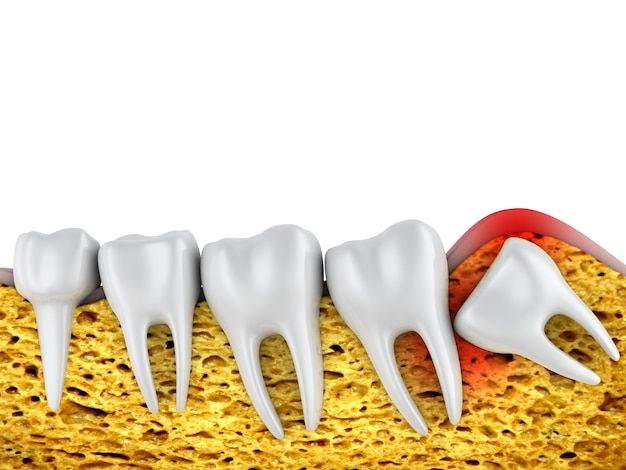
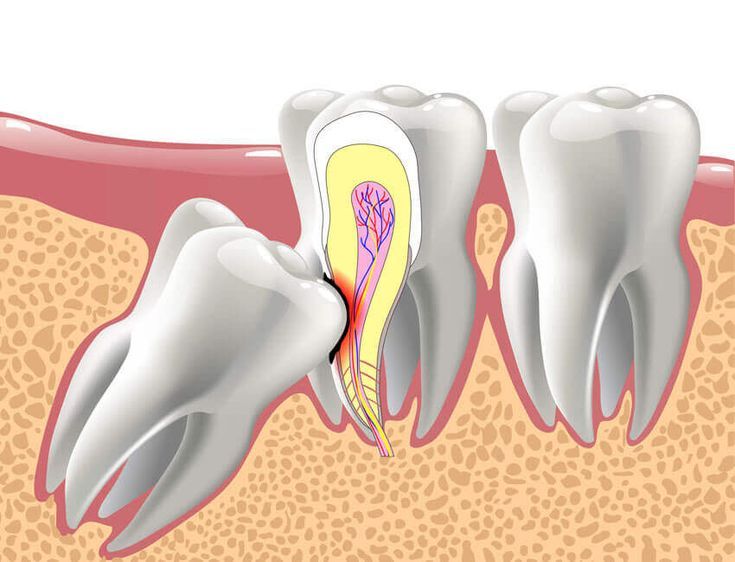
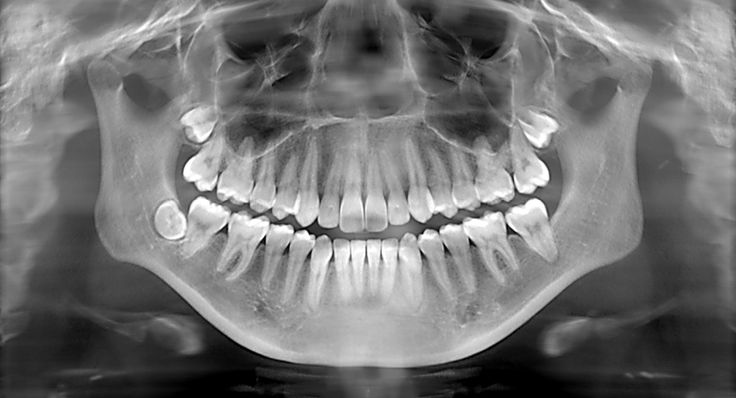
Not everyone needs their wisdom teeth removed. Your dentist will evaluate whether extraction is necessary based on your symptoms and X-ray results.
Questions to ask before extraction
What Are the Risks of Keeping My Wisdom Teeth?
Understand the potential complications if you decide not to remove your wisdom teeth, such as infection, cysts, or damage to adjacent teeth.
What Type of Anesthesia Will Be Used?
Discuss the different anesthesia options available—local, sedation, or general—and which is best for your situation.
How Long Will the Procedure Take?
Knowing the duration of the procedure can help you plan your day and manage your expectations.
What Should I Expect During Recovery?
Get a clear picture of the recovery process, including how long it will take and what you need to do to ensure a smooth healing process.
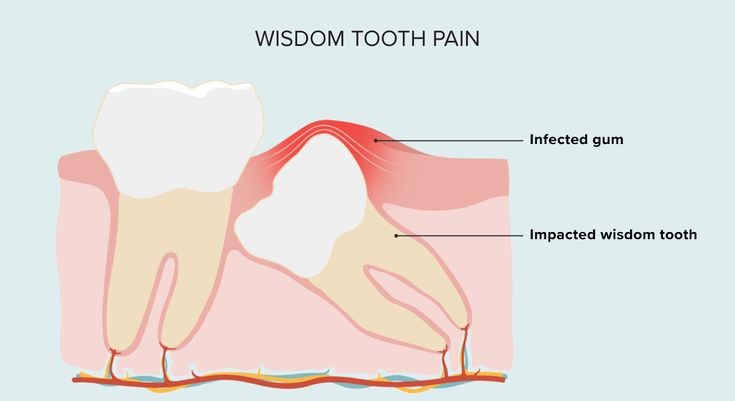
The procedure typically involves making an incision in the gum, removing any bone blocking the tooth, extracting the tooth, and then stitching the wound closed.
Depending on your comfort level and the complexity of the extraction, your dentist might use local anesthesia, sedation, or general anesthesia.
Post-Extraction Care
Right after the extraction, you’ll need to bite down on a gauze pad to stop the bleeding and avoid disturbing the blood clot that forms in the socket.
Use ice packs to reduce swelling and take prescribed pain medications as directed to manage discomfort.
Stick to soft foods like yogurt, mashed potatoes, and smoothies. Avoid hot, spicy, and crunchy foods that might irritate the extraction site.
Potential Complications and How to Handle Them
A dry socket occurs when the blood clot that forms in the extraction site is dislodged, exposing the bone and nerves. It’s painful but treatable by your dentist.
Signs of infection include persistent swelling, fever, and discharge from the extraction site. Contact your dentist immediately if you notice these symptoms.
Though rare, it’s possible to experience temporary or permanent numbness in your tongue, lip, or chin if the nerves are affected during the extraction.
Recovery Timeline
During first 24 hours expect some bleeding and swelling. Follow your dentist’s instructions for care during this critical period.
In the first week most of the swelling and discomfort should subside within the first week. You’ll have a follow-up appointment to check the healing progress.
Full recovery typically takes a few weeks for your mouth to fully heal. During this time, continue to practice good oral hygiene and avoid strenuous activities that could affect the healing process.
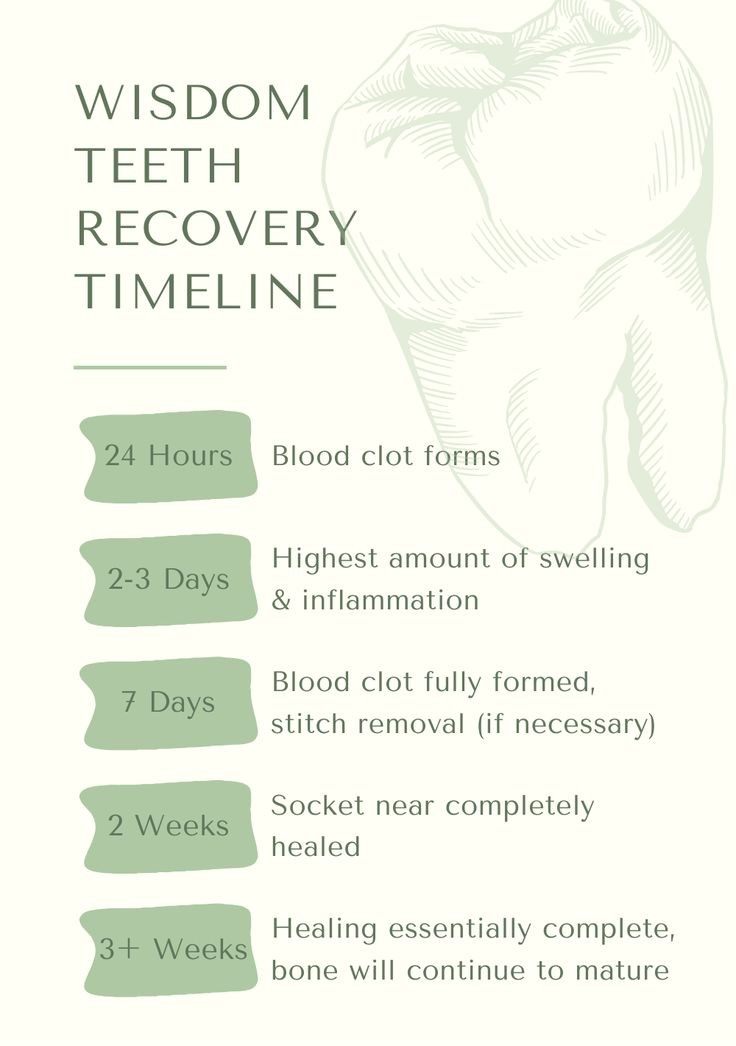
When to Contact Your Dentist
If pain persists beyond a few days or worsens, get in touch with your dentist.
Bleeding should stop within a few hours after the procedure. If it doesn’t, contact your dentist.
Symptoms like fever, worsening pain, or pus indicate an infection and require immediate attention.
Alternative Treatments to Extraction
In some cases, your dentist might recommend simply monitoring your wisdom teeth if they aren’t causing any immediate issues.
Sometimes, only a portion of the tooth needs to be removed if it’s causing problems but isn’t fully impacted.
If overcrowding is the main issue, orthodontic treatments might help create more space in your mouth without needing an extraction.
Long-Term Oral Health After Extraction
Brush and floss regularly, and follow any additional cleaning instructions your dentist provides to prevent infection.
Continue to see your dentist for regular check-ups to ensure your mouth remains healthy and any potential issues are caught early.
Check with your insurance provider to see if wisdom tooth extraction is covered under your plan. Many dental insurance plans cover at least a portion of the cost.
Conclusion
Wisdom tooth extraction is a common procedure, but it’s essential to be well-informed before going through with it. By asking the right questions and understanding the process, you can ensure a smoother experience and a quicker recovery.
FAQs
- How painful is wisdom tooth extraction?
Pain levels vary, but most people experience some discomfort. Your dentist will provide pain relief options to help manage it.
- How long does the recovery take?
Initial recovery typically takes a week, but complete healing can take a few weeks.
- Can I go to work the day after my extraction?
It depends on the complexity of your extraction and how you feel. Some people can return to work the next day, while others may need a few days off.
- What foods should I avoid after the extraction?
Avoid hard, crunchy, spicy, and hot foods. Stick to soft foods and liquids for the first few days.
- Is it normal to have a fever after wisdom tooth extraction?
A slight fever can be normal, but if it persists or is high, contact your dentist

